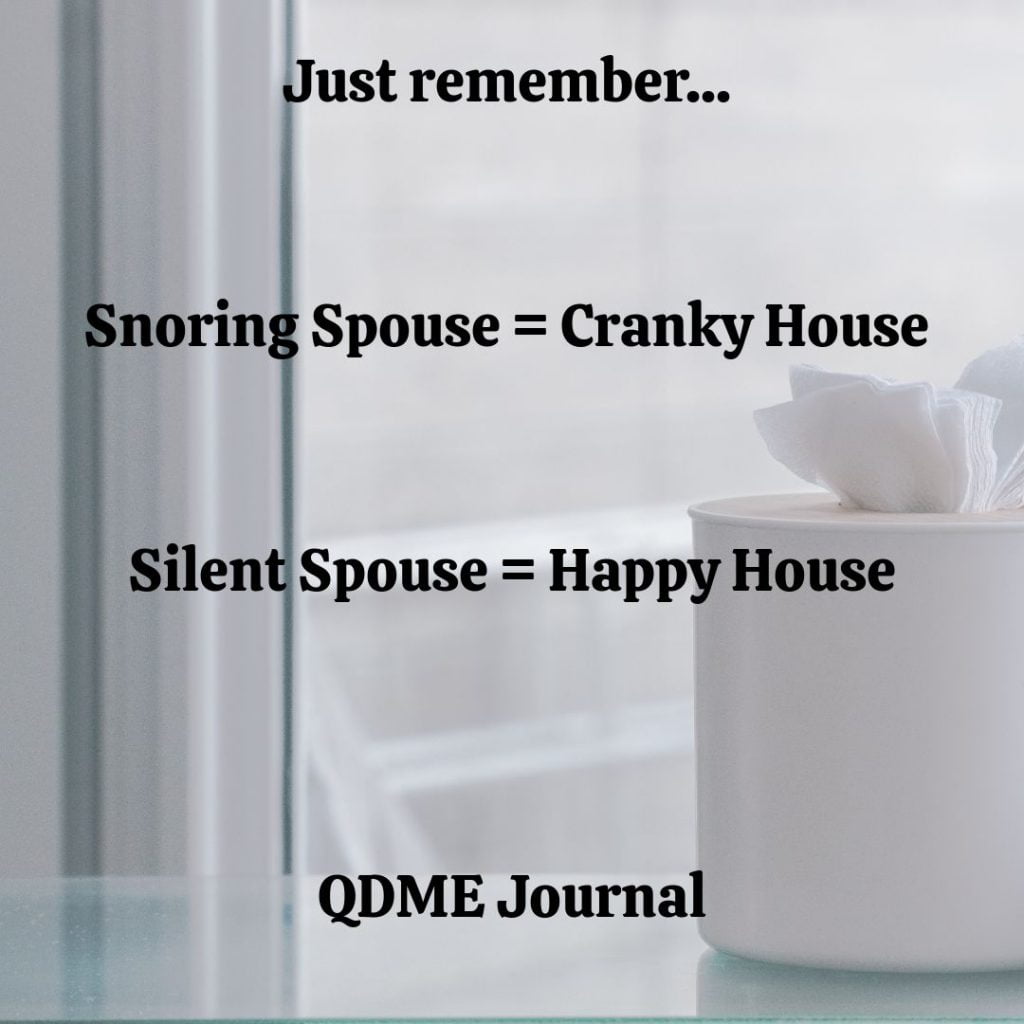Did you know a lack of sleep can seriously impact your immune system?
The average person needs between 7-9 hours of sleep per night with babies, children, and teenagers needing more. The National Sleep Foundation states that sleep is a vital indicator of your overall health and well-being. Research has shown that many people don’t put sleep as a top priority because most do not realize how a lack of sleep impacts their health.
Think about it, can you recall the last time you woke up feeling truly rested? Most people have more sleep debt than they realize. If you are someone who doesn’t get their 7-9 hours of sleep a night, please keep reading. After you learn about how sleep debt can compromise your immune system, you may decide to make sleep a top priority in your life.
Immune System
According to the Mayo Clinic, studies show that people who don’t get quality sleep or enough sleep are more likely to get sick after being exposed to a virus. A lack of sleep can also affect how fast you recover from an illness, which is why it’s so important to get sufficient sleep when you are sick. If you go a long time without getting the correct amount of sleep, that’s considered Sleep Deprivation. Sleep Deprivation increases your risk of obesity, diabetes, and cardiovascular disease.
Medical News Today discussed a study that was published in the Journal of Experimental Medicine and was conducted by a team from the University of Tubingen in Germany. The study linked sleep to the overall functioning of the immune system. They found that a good night’s sleep can boost the effectiveness of certain specialized immune cells that are called T cells.
T cells are essential to your body. They contribute to the body’s immune response when a potentially harmful foreign body enters the system. The T Cells attach to these foreign bodies to help fight them off. Persons with Sleep Deprivation had increased levels of certain pro-inflammatory molecules that interfered with the functioning of these T Cells. During sleep, however, the levels of these pro-inflammatory molecules decreased, thereby boosting the effectiveness of T Cells throughout the body. Sleep provides the necessary time for your body to fight off infection and disease effectively.
Make Sleep Your Priority
You can help make sleep a priority by changing some simple behaviors before going to sleep. Make sure to avoid drinking caffeine before bed, avoid any stimulating action or vigorous exercise, and avoid any stressful situations.
The National Sleep Foundation recommends focusing on practicing a relaxing bedtime ritual at least one hour before bed. Do some yoga before going to sleep, drink some bedtime tea to relax your body, take a shower or a bath, and read a book to calm your mind. Winding down at the end of the long day helps to shift your body into sleep mode.
Making sleep a priority for your health will help your immune system remain strong to fight off any illnesses that may come in its way.
Stay safe and healthy!
Check in with the QDME Journal for new blogs and fascinating topics!

Follow Us to learn even more!



